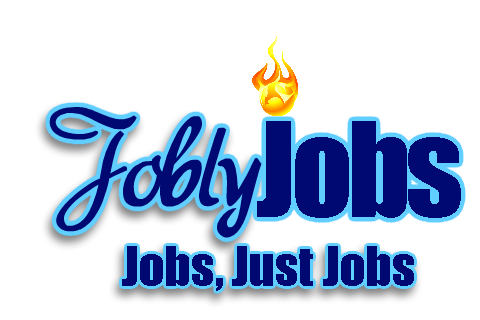EQ: Why leaders are looking for ’emotional intelligence’

Workers are trained to trumpet technical skills and personal achievements on their resumés, and talk them up in job interviews. However, to succeed at work, either personally or as part of a team, an entirely different skill set is coming to the fore.
Leaders are increasingly looking for ‘emotional intelligence’, also known as ‘EQ’. This range of competencies encompasses our ability to understand and manage our own and others’ feelings, then use this knowledge to build positive, productive connections.
“Fundamentally, work is about the quality of our relationships,” says UK-based Amy Bradley, an adjunct professor of management and leadership at Hult International Business School in Massachusetts, and author of The Human Moment. “Work gets done through people, and if you’re unable to work with your own and other’s emotions, it becomes very difficult to get things done productively and sustainably.”
“How you deal with conflict and setbacks, how you encourage people when they’re down, your ability to negotiate or get things done – all of those things touch on emotional intelligence,” adds Mark Craemer, a US-based organisation-development consultant, leadership coach and author of Emotional Intelligence in the Workplace. “It’s your EQ that enables you to be effective in your role, get promoted and do well in the workplace.”
In general, working in an emotionally intelligent way may mean taking a different approach – instead of putting your head down and prioritising to-do lists or productivity goals, it means putting human relationships and our own and others’ feelings first. It may be a challenging mindset transition, yet the benefits can be profound, increasing morale, productivity, wellbeing and personal influence – all traits employers are demanding now, more than ever.
What is emotional intelligence?
Traditionally workers have been expected to keep a lid on their feelings in the workplace, even though this might not be a fully realistic expectation.
“We are all emotional beings just by virtue of being human, and we can’t separate from that at work,” says Craemer. From frustration and discomfort, to fulfilment and joy, our work tasks, colleagues and even life outside work can be the catalysts for a range of feelings during working hours.



